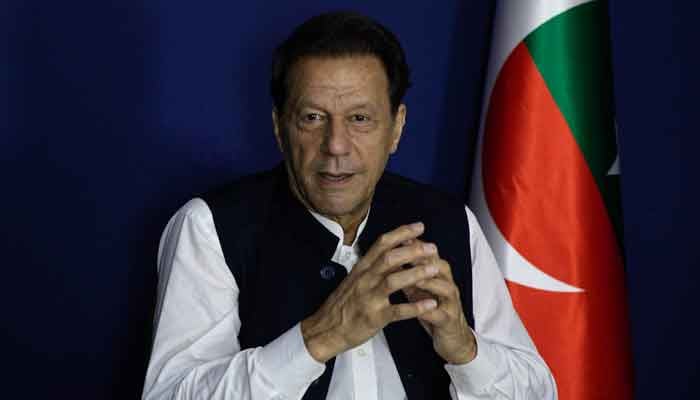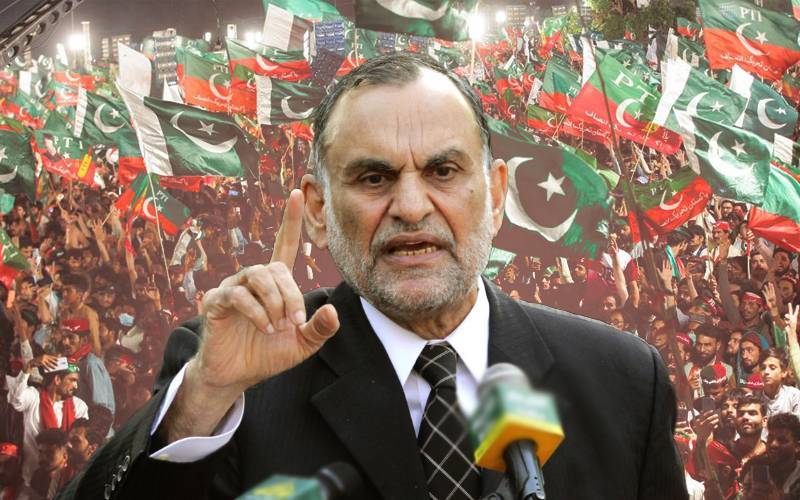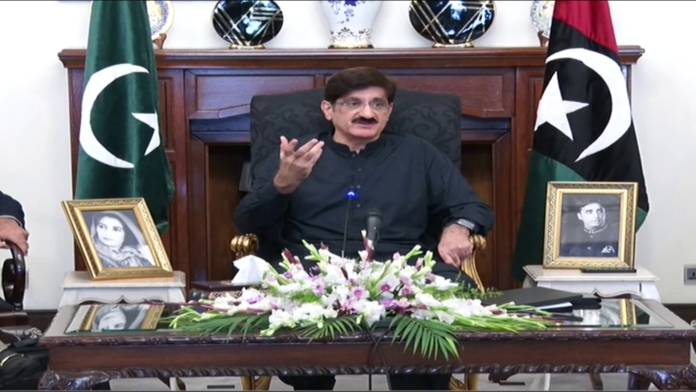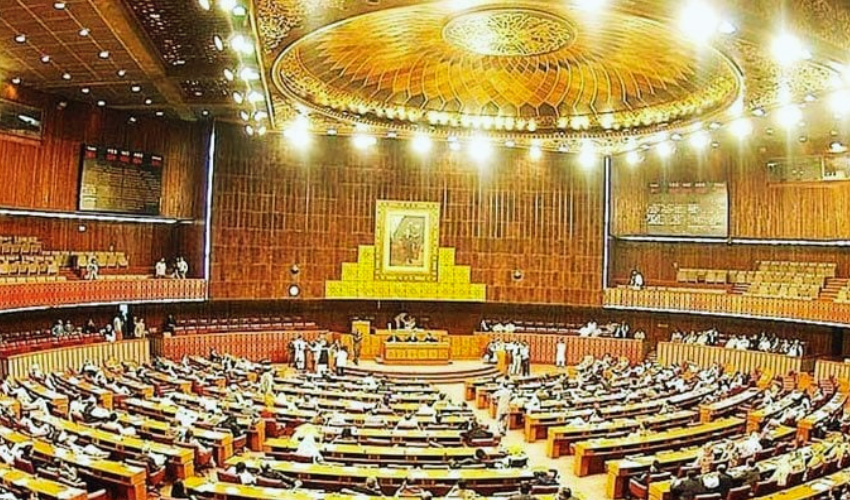POLITICS & POLICY MAKING
Political Parties Unite Against Independent Power Producers (IPPs), Call for Parliamentary Committee to Review Agreements
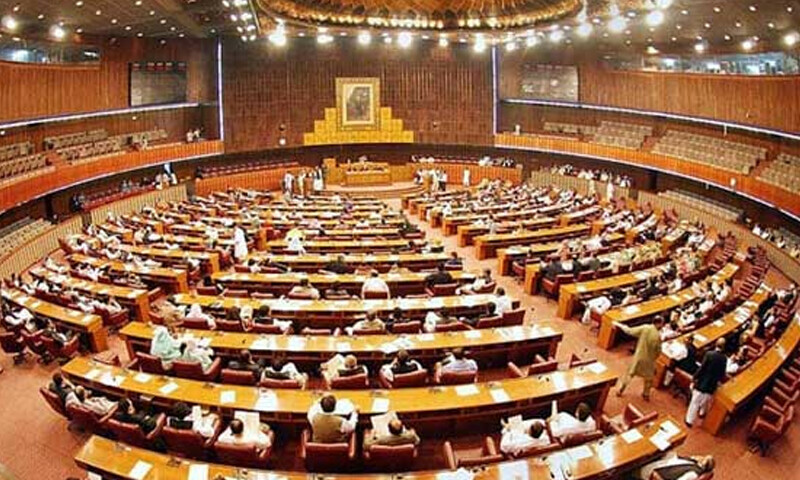
Political parties in Pakistan have come together in the National Assembly to voice their concerns over the role and impact of Independent Power Producers (IPPs) on the nation’s energy sector. During a session chaired by Speaker Ayaz Sadiq, members from across the political spectrum proposed forming a parliamentary committee to thoroughly review the agreements and performance of IPPs, which they claim have been a significant burden on the country.
Federal Minister for Parliamentary Affairs Azam Nazir Tarar, responding to queries during the session, mentioned that Sindh has initiated 36 wind energy projects and 10 solar energy projects, contributing 2,525 megawatts of electricity. However, opposition leaders expressed dissatisfaction with the government's efforts to address the broader energy crisis.
Opposition leader Umar Ayub criticized the government’s approach to reducing power losses, likening it to treating cancer with aspirin. He highlighted the growing circular debt and the inefficiency in the energy sector, which continues to exacerbate the crisis.
The issue of IPPs drew sharp criticism from various members. Mehreen Bhutto pointed out the severe impact of IPP charges on the public, while PPP’s Asifa Bhutto Zardari raised concerns over domestic gas load-shedding. Petroleum Minister Dr. Mossadegh Malik responded by acknowledging the declining domestic gas resources and the challenges in importing and subsidizing expensive gas.
Ali Muhammad Khan, an opposition member, strongly advocated for the formation of a parliamentary committee to scrutinize IPPs. He argued that IPPs have been draining the country’s resources, with more than half of the electricity not being generated while the government continues to pay hefty sums to these producers.
Government member Hanif Abbasi echoed the call for accountability, questioning the absence of ministers and demanding that the owners of IPPs be summoned to the assembly. Abbasi emphasized the need for transparency and action against those benefiting from non-functional power plants.
The discussion also touched upon the controversial role of K-Electric, with MQM members labeling it a "state within a state" due to its alleged exploitation of consumers despite frequent load-shedding. Federal Minister of Information, however, defended K-Electric, stating that the utility had no role in recent issues linked to rain-induced power disruptions in Karachi.
Raja Pervez Ashraf of the Pakistan People’s Party proposed forming a full-house committee to address the ongoing issues related to IPPs, electricity, and gas shortages. He stressed the urgency of resolving these crises to ensure the country's energy security and economic stability.
As the debate continues, the proposed parliamentary committee is seen as a critical step towards addressing the inefficiencies and financial burdens posed by IPPs, with the potential to bring much-needed reforms to Pakistan’s energy sector.
